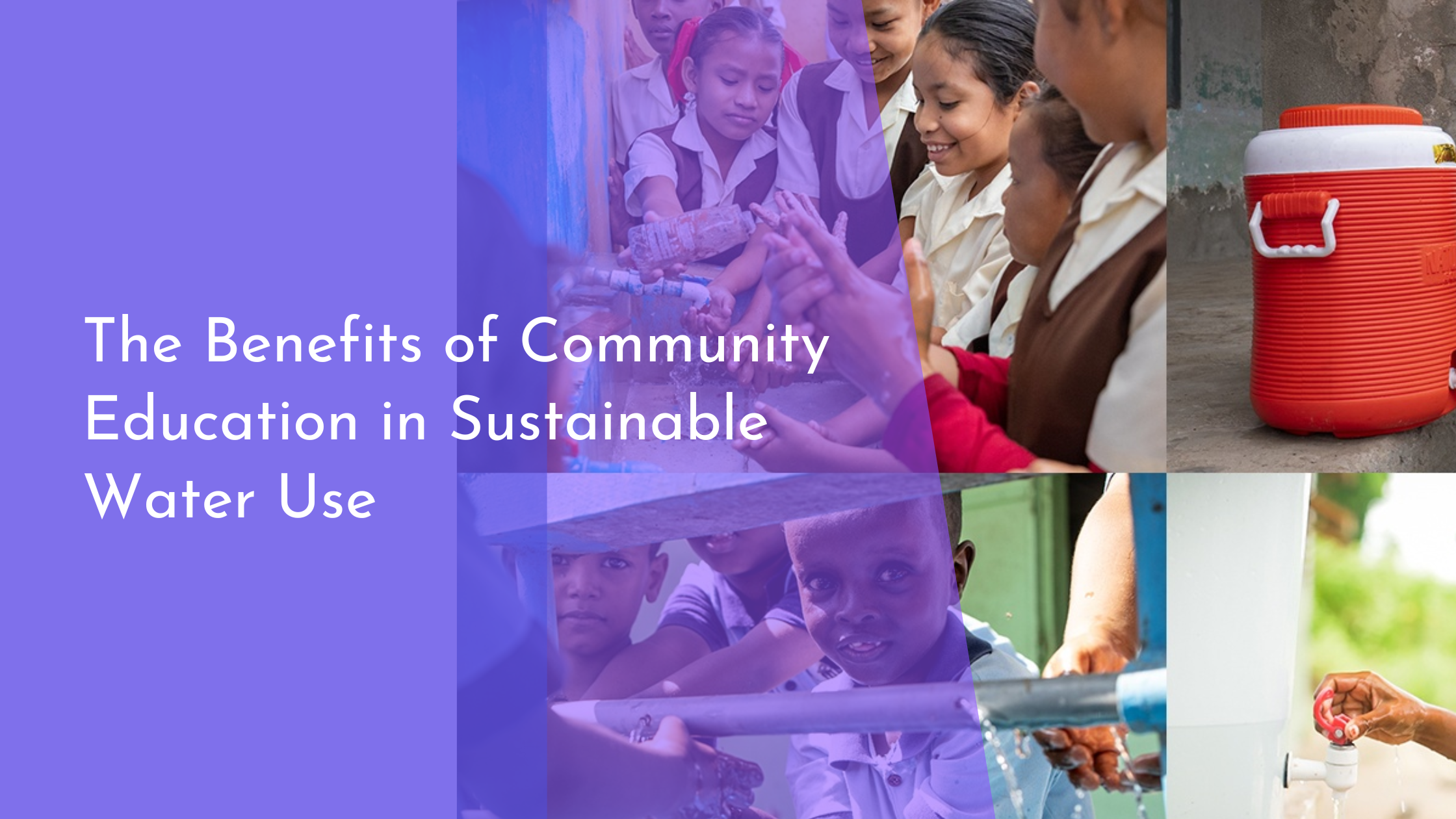The Benefits of Community Education in Sustainable Water Use
Community education plays a pivotal role in fostering sustainable water use and conservation. As the world grapples with the dual challenges of climate change and increasing water scarcity, empowering local communities with knowledge and skills becomes more crucial than ever. Community education programs not only enhance awareness about sustainable practices but also encourage collective action toward a more sustainable and secure water future. This article explores the benefits of community education in sustainable water use, showcasing success stories and highlighting the importance of shared responsibility.
Understanding Community Education Programs
Community education programs focus on building awareness and capacity within local communities to adopt sustainable water use practices. These programs are designed to be inclusive and participatory, ensuring that individuals from diverse backgrounds can contribute to and benefit from the initiatives. By incorporating hands-on training, workshops, and collaborative projects, community education fosters a sense of ownership among participants, empowering them to implement and advocate for sustainable water use in their households and beyond.
One major aspect of these programs is the emphasis on practical solutions that can be easily adopted by individuals and families. Participants learn about water-saving technologies, efficient irrigation methods, and simple lifestyle changes that can drastically reduce water consumption. Furthermore, community education programs often include a strong component of local knowledge sharing, leveraging indigenous practices and traditional wisdom to enhance modern conservation techniques. This blend of old and new ensures that sustainable practices are both culturally relevant and effective.
Key Benefits of Sustainable Water Practices
Adopting sustainable water practices provides numerous environmental benefits, primarily by reducing the stress on local water resources. Through community education, individuals become aware of innovative ways to conserve water, such as rainwater harvesting, greywater recycling, and drought-resistant landscaping. These practices help reduce the demand on municipal water supplies, preserve vital ecosystems, and maintain biodiversity in local waterways.
Beyond environmental advantages, sustainable water use also offers significant economic benefits. Communities that implement water-saving measures often experience reduced utility bills, making these practices financially attractive. Moreover, by investing in sustainable infrastructure and technologies, communities can create new job opportunities and stimulate local economies. Community education programs often highlight these economic incentives, encouraging widespread adoption of water conservation efforts that benefit both individuals and the community as a whole.
Success Stories: Communities Making a Difference
Across the globe, numerous communities have embraced the principles of sustainable water use with remarkable results. In Australia, for example, the city of Melbourne implemented a comprehensive community education program that significantly reduced water consumption during severe drought conditions. Through public workshops and school programs, residents learned to utilize rainwater tanks and water-efficient appliances, leading to a 50% reduction in per capita water use over a decade. This success story underscores the power of community engagement in achieving sustainable water goals.
Similarly, a rural community in India transformed its water management practices through a grassroots education initiative. With the assistance of local NGOs, villagers were educated on the benefits of rainwater harvesting and watershed management. As a result, they constructed rainwater collection systems that rejuvenated local aquifers and improved agricultural productivity. This story highlights how community-driven efforts, fueled by education and collaboration, can overcome water scarcity challenges and foster resilience in vulnerable regions.
Concluding Thoughts on a Shared Water Future
Addressing water scarcity and ensuring sustainable water use requires collective action and commitment. Community education serves as a vital catalyst for change, equipping individuals with the knowledge and tools necessary to make informed decisions about water use. By fostering a culture of conservation and sustainability, these programs lay the groundwork for a more secure and equitable water future for all.
As the demand for water continues to rise globally, community education in sustainable water use will play an increasingly important role. By inspiring and empowering local communities, these programs not only protect our precious water resources but also promote social cohesion and resilience in the face of environmental challenges. With continued investment in community education and collaboration, we can build a sustainable water future that benefits all members of society and ensures the well-being of our planet for generations to come.

